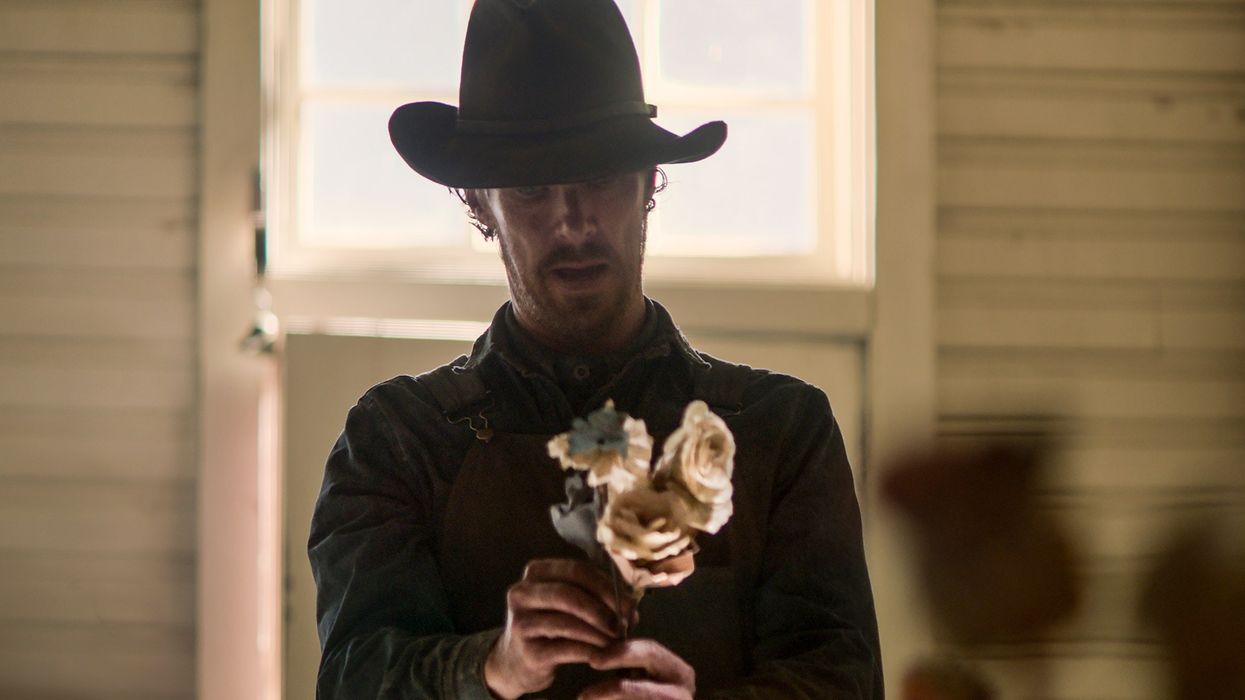Benedict Cumberbatch Defends 'The Power of the Dog' After Sam Elliott's Harsh Words
Benedict Cumberbatch rebukes Sam Elliott's take on The Power of the Dog.

Just last week, we covered Sam Elliott's weirdly aggressive take on The Power of the Dog, where he bemoaned the story's gay undertones and what Jane Campion had to say about the American west. It was a strange rant, one that people all over took umbrage with. But now, the star of the film, Benedict Cumberbatch, is speaking out.
Cumberbatch was part of a recent BAFTA chat, and when Elliott's remarks came up, he didn't shy away from the confrontation.
You can listen to Cumbderbatch's remarks right around the 44-minute mark below.
Cumberbatch said:
“I’m trying very hard not to say anything about a very odd reaction that happened the other day on a radio podcast over here. Without meaning to stir over the ashes of that … someone really took offense to—I haven’t heard it so it’s unfair for me to comment in detail on it—to the west being portrayed in this way.”
This was a polite way in, but Cumberbatch didn't mince his words, saying:
“Beyond that reaction, that sort of denial that anybody could have any other than a heteronormative existence because of what they do for a living or where they’re born, there’s also a massive intolerance within the world at large towards homosexuality still and towards an acceptance of the other and anything kind of difference. No more so than in this prism of conformity of what’s expected of a man in the Western archetype mold of masculinity. To deconstruct that through Phil, it’s not a history lesson.”
Going further, Cumberbatch explained why it's important we open the idea of the Old West to many different stories and characters.
He said that “these people still exist in our world. This is a very specific case of repression, but also due to an intolerance for that true identity that Phil is that he can’t fully be. The more we look under the hood of toxic masculinity and try to discover the root causes of it, the bigger chances we have of dealing with it when it arises with our children.”
This direct answer is detailed and speaks so much to the idea that genres should not be rigid in form but can be bent and reimagined by the artists in control of the narrative.
It also confronts an antiquated look at sexuality and masculinity that feels stuck in the past and threatened by the happiness of others. Much like the characters and theme of this film!
Let us know your thoughts in the comments.











